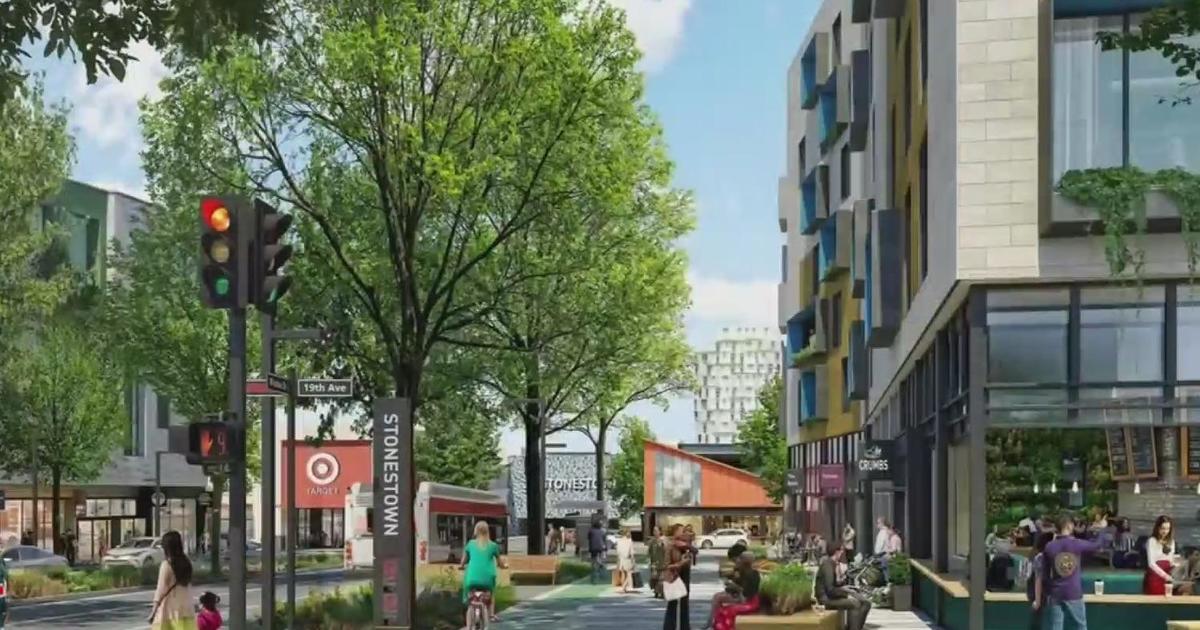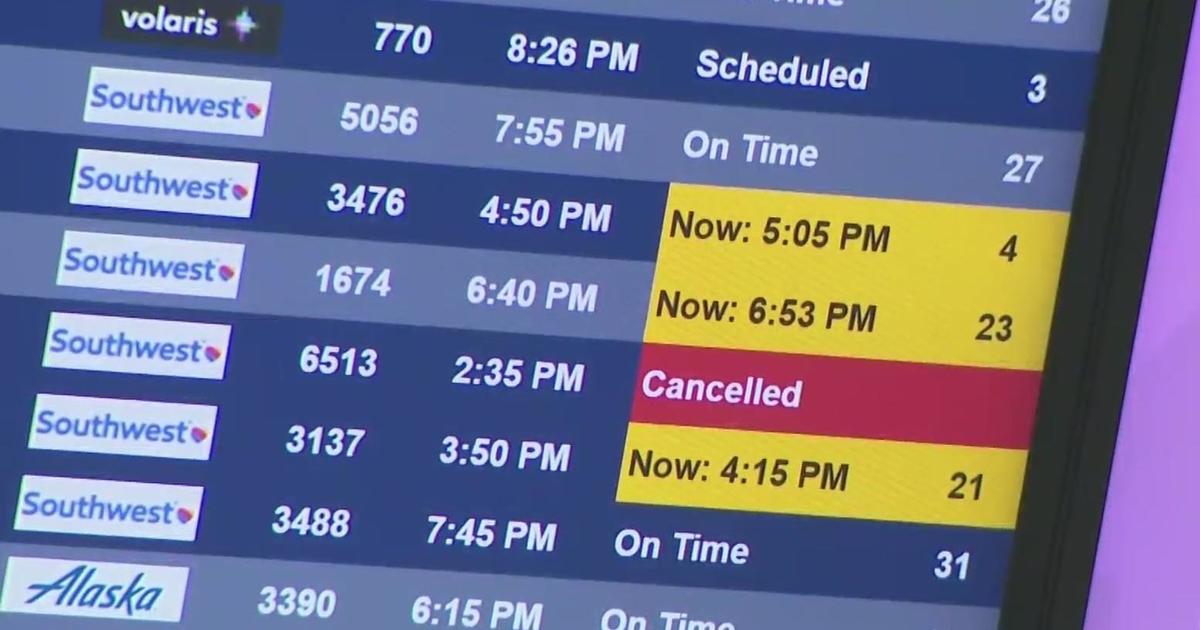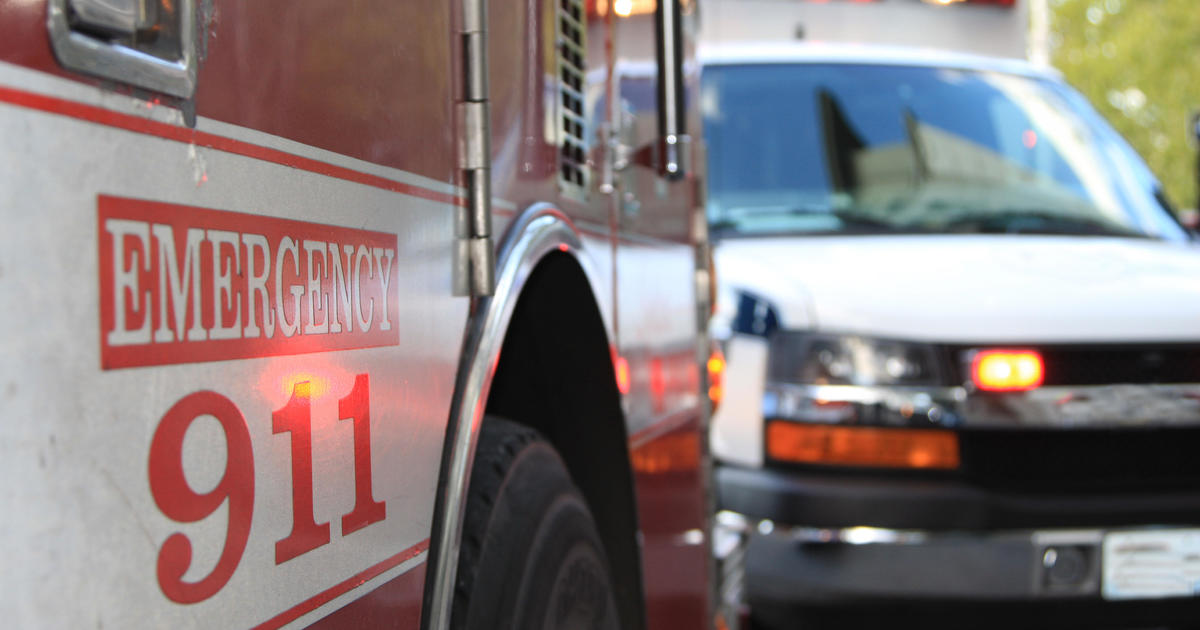'Worried About Disproportionate Loss Of Life': Nonprofit Founder Fears Coronavirus Will Spur Public Health Crisis For Immigrants
(CBS Local) -- As the U.S. responds to the coronavirus pandemic, the Trump administration has taken a host of measures to tighten immigration procedures, altering daily operations and disrupting the lives of thousands.
The actions have ranged from postponing immigration hearings to pausing deportation flights to certain countries and suspending refugee admissions.
The administration also imposed travel restrictions on China, Iran and the European Union and restricted non-essential travel at land borders with Canada and Mexico.
The U.S. is also turning away all illegal immigrants and asylum seekers at both the northern and southern borders, returning them to their home countries. Customs and Border Protection (CBP) confirmed Monday the policy would include unaccompanied minors.
But "everyone living in the U.S. should be treated with the same dignity and care" during the COVID-19 crisis, says Sayu Bhojwani, founder and president of New American Leaders, a nonprofit that recruits people of immigrant heritage to run for elected office in the U.S.
Bhojwani shared her thoughts and concerns with CBS Local on Wednesday:
CBS Local: What are the biggest challenges for undocumented immigrants and refugees living in the U.S. right now?
Sayu Bhojwani: Like the rest of America, immigrants are facing challenges of job security, and economic fragility. But, this fear is amplified for undocumented immigrants and refugees: accessing services that may help them weather the financial and health hardships may make them ineligible for citizenship or at risk for deportation. Not to mention the rampant anti-Asian racism – there's so much that immigrants are dealing with right now, and the lack of compassion from the government is disheartening and dangerous.
CBS: What are your fears for this community as the number of coronavirus cases grows nationwide?
SB: We're worried about a disproportionate loss of life among immigrant communities. Immigrants represent a large portion of healthcare, service, and sanitation services. They are putting their lives on the line, and fighting for our country without any of the benefits that others are receiving. Often, they do not have paid sick leave, or proper healthcare benefits. The impact on families and their communities will be immeasurable, especially since many don't have the privilege of generation wealth, or financial stability. Beyond the very real economic fears, we also worry about the mental and emotional health of living in this constant state of fear in a system that doesn't want to provide basic necessities to this community.
CBS: How has the coronavirus pandemic affected prospective immigrants and refugees who planned on seeking asylum in the United States?
SB: I don't think we know yet the massive global impact this will have on immigration and refugees seeking asylum. The restriction in movement, and the financial strain on people here may negatively impact families being reunited in the short-term, and in the long-term the willingness of the country to bring people in.
CBS: How are immigrants and refugees being held at border detention facilities faring right now?
SB: You can see it happening at the jails right now. They are not receiving adequate healthcare under the best of circumstances. I have visited a shelter that did not have proper access to sanitation before coronavirus, and this lack of access to soap, hand sanitizer and personal space is sure to lead to a public health crisis at our detention centers. Department of Homeland Security doctors have warned Congress that the facilities pose "an imminent risk to the health and safety of immigrant detainees" and to the public at large. We're hearing that ICE will not provide any information about COVID-19 to the people housed at these facilities. There is such a dangerous lack of transparency.
We need to demand answers from the government on how they plan to keep everyone in these facilities safe. It's inhumane for us to turn a blind eye towards this.
CBS: Do you foresee fear of the virus continuing to enter the country lead to even tougher laws for undocumented immigrants and refugees in the future?
SB: The Trump administration has done everything in its power to make life difficult for immigrants and refugees to enter the country and stay here. Responses to the virus have already not accounted for the most vulnerable and essential workers, and I believe the administration will tighten the screws wherever they can to hurt the undocumented -- leaving them out of the stimulus package, turning asylum seekers away at the borders, penalizing those who have sought public services when undocumented or when they are permanent residents. I also fear that they will use it to sow anti-immigrant discord, as they have already done with the Asian American community.
CBS: What would you like to see from the federal government to help?
SB: Everyone living in the U.S. should be treated with the same dignity and care. Anyone with a tax ID number should be able to receive the benefits of the stimulus. Allowing only those with Social Security numbers to receive them is taking money from immigrants to pay for a bailout that they cannot benefit from.
More money should be allocated to states for translation and interpretation, and Title VI of the Civil Rights Act of 1964 should be strictly enforced to ensure that states are meeting their mandate -- it requires recipients of federal financial assistance to take reasonable steps to make their programs, services, and activities accessible by eligible persons with limited English proficiency.



